I'm reading the book about PL/1 and have some doubt about what author says:
And even more...
I did some tests and they really screams that this is not true at all. I can explain what they are if needed. So question is: does memory allocation really happen in the outer block if options(inline) is specified?

